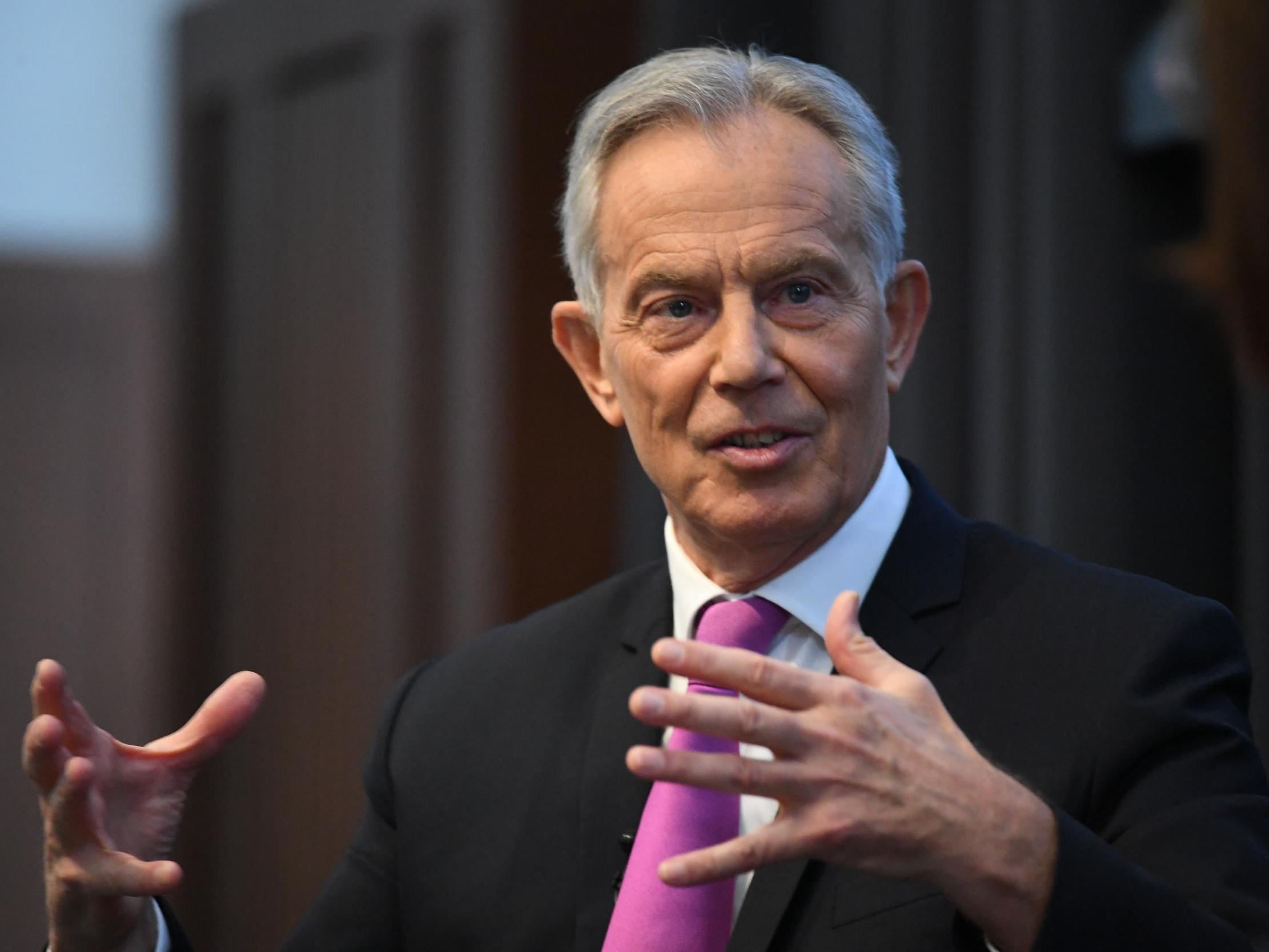Is Tony Blair too toxic to shape the future of Labour?
The former prime minister is trying to save the party he loves. But, writes Sean O'Grady, that doesn’t mean anyone is listening


It is strange indeed to see history repeating itself with such symmetry. During the 1980s and 1990s Gordon Brown and Tony Blair were two brilliant and ambitious young Labour MPs determined to turn their party of perennial protest into a natural party of government. They fought and argued their way to the 1997 landslide. They won three elections in a row, an unprecedented achievement, and both served as prime minister – two of only six leaders from their party to occupy No 10.
Now, almost a decade since Labour fell from power the pendulum has come full circle. Last year the party sunk to its lowest ebb since 1983 (when Brown and Blair entered parliament), or even 1935. Now these two architects of New Labour, whatever their rows and arguments along the way, are once again trying to save the party they love – urging the membership to once again shift from that mindset of resistance and protest and to address the central issues concerning most voters most of the time, as the best way to win power again. But is anyone listening?
The auguries don’t seem encouraging. Jeremy Corbyn’s leadership was almost defined by its renunciation of Blairism and its illegal war in Iraq. Many Labour MPs and members view the Blair-Brown years as a failure – a futile acceptance of Thatcherism and casino capitalism at the expense of working people. Real social breakthroughs are ignored, minimised or forgotten. It was sometimes said that Corbyn would have been happy to see Blair arraigned for war crimes. Many in his party agreed.
Labour loves a loser. In a poll of Labour members last month they were asked to rank the party’s leaders across its 120 year history. Predictably, Corbyn was the most popular, followed by Ed Miliband and John Smith (who died before he had a chance to win an election). Blair and Harold Wilson, who won seven general elections between them, enjoyed much poorer ratings, while Brown was surprisingly popular, given his unlucky premiership. Clement Attlee, a socialist prime minister and proud of it, might have been more appreciated if more members knew who he was.
Andrew Adonis said recently that the Labour Party would not prosper again until it learned to love Tony Blair, echoing an earlier quip by Blair about Peter Mandelson. If so then recovery is still a distant prospect. The likely new Labour leader, Keir Starmer might even trounce the so-called continuity Corbyn candidate, Rebecca Long-Bailey. Yet Starmer, for all his brains and intellectual agility, has adopted some of the key policies of the Corbyn era, and shows no immediate inclination to construct some new progressive alliance with the Liberal Democrats, to de-prioritise identity politics or to move the party back to the centre ground of Britain’s economic and cultural debates, as Blair is urging him to.
Perhaps Starmer knows, intuitively, that his party is not yet quite ready for the kind of really radical changes that Blair and Brown were able to make after their party emerged, dazed and desperate, from four election defeats in a row after 1992. In that YouGov poll about past leaders, only 12 per cent of Labour members said they’d be willing to make big compromises on their principles to get to power. Plainly they still lack the appetite to get things done that propelled Blair and Brown, and Labour, to dominate British politics for a decade and a half. Maybe there’s a couple of bright new Labour MPs in the 2019 intake ready to take the challenge, make the change.
Join our commenting forum
Join thought-provoking conversations, follow other Independent readers and see their replies
Comments